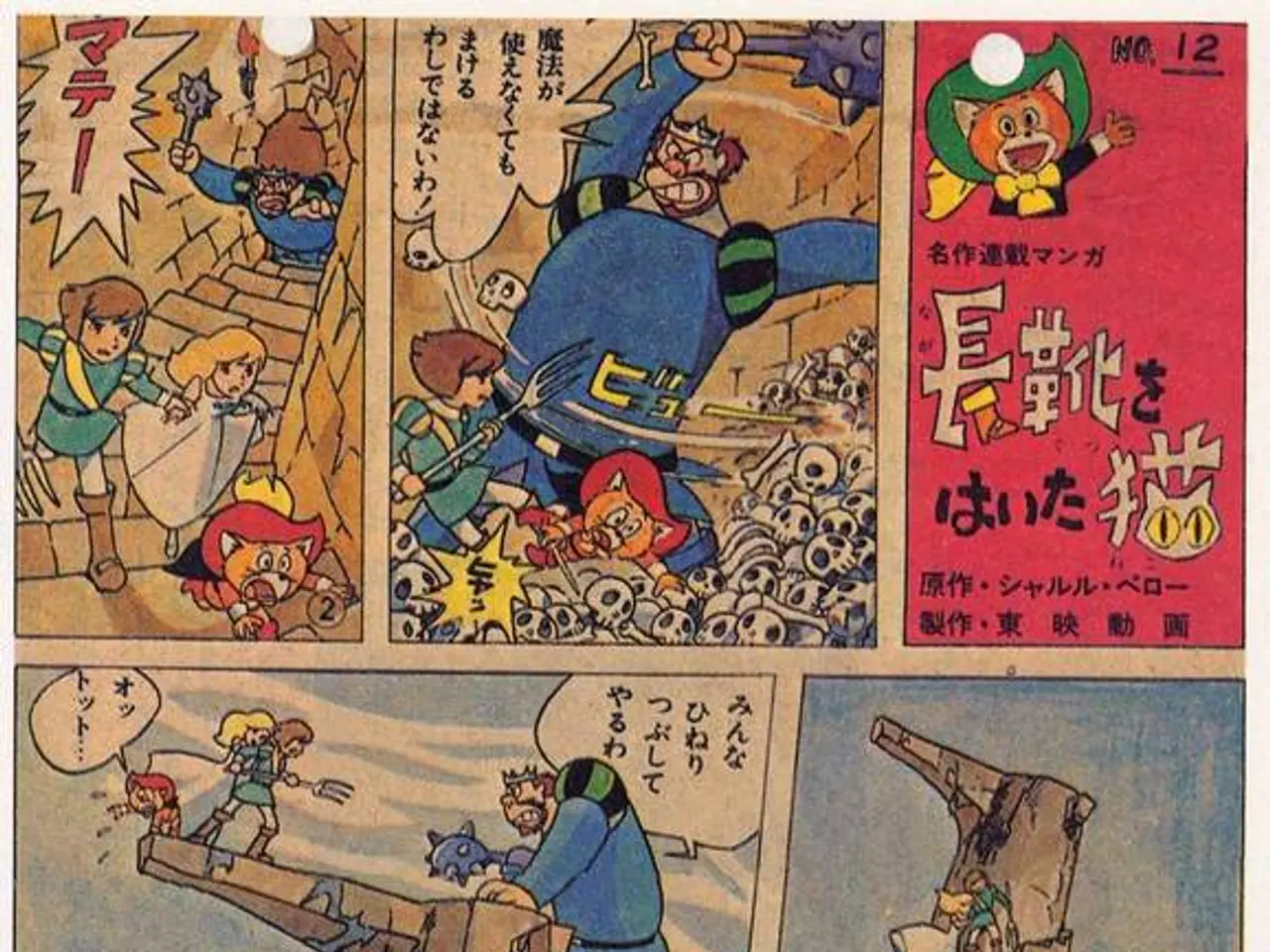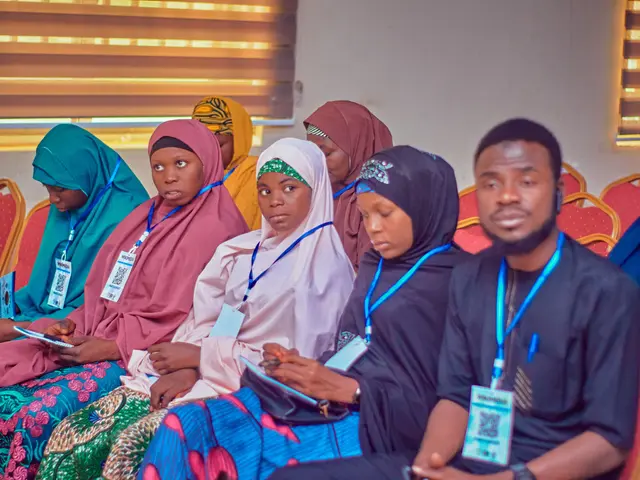Bishop of South Dakota Apologizes for Role in Indigenous Boarding Schools
A formal apology has been made by the Bishop of South Dakota for the diocese's role in operating Indigenous boarding schools. This significant step comes as part of ongoing efforts to address the generational trauma caused by these institutions, which were designed to assimilate Native Americans into the dominant white culture.
The apology, described as 'heartfelt' and 'sincere' by Crow Creek Chairman Peter Lengkeek, was a 'gateway opportunity to a beautiful relationship and opportunities to heal'. The Crow Creek Sioux Tribe and the Diocese of South Dakota plan to meet regularly to continue building this relationship.
The boarding schools, which operated from the 19th to the mid-20th century, aimed to erase Indigenous languages and practices. The trauma from these schools continues to affect the Crow Creek Native Americans today, with a life expectancy of just 45 years. The Episcopal Church operated 34 of the 526 known boarding schools nationwide, with at least 12 more schools discovered since then. Most of these schools were in South Dakota, including the Crow Creek Dormitory.
The apology by Bishop Jonathan Folts is a step towards acknowledging and addressing the harm caused by the boarding schools. The Crow Creek Sioux Tribe and the Diocese of South Dakota are committed to working together to heal the generational trauma and build a stronger, more understanding relationship.








